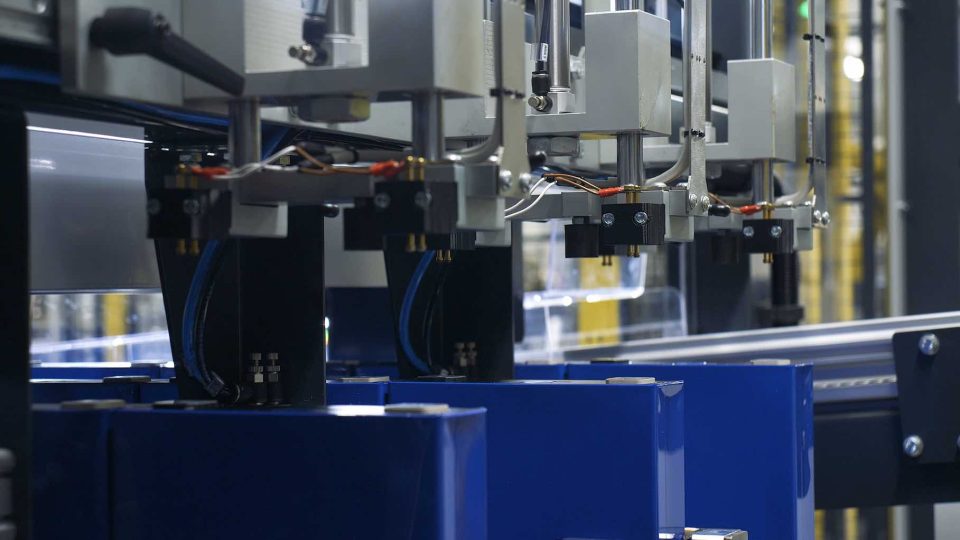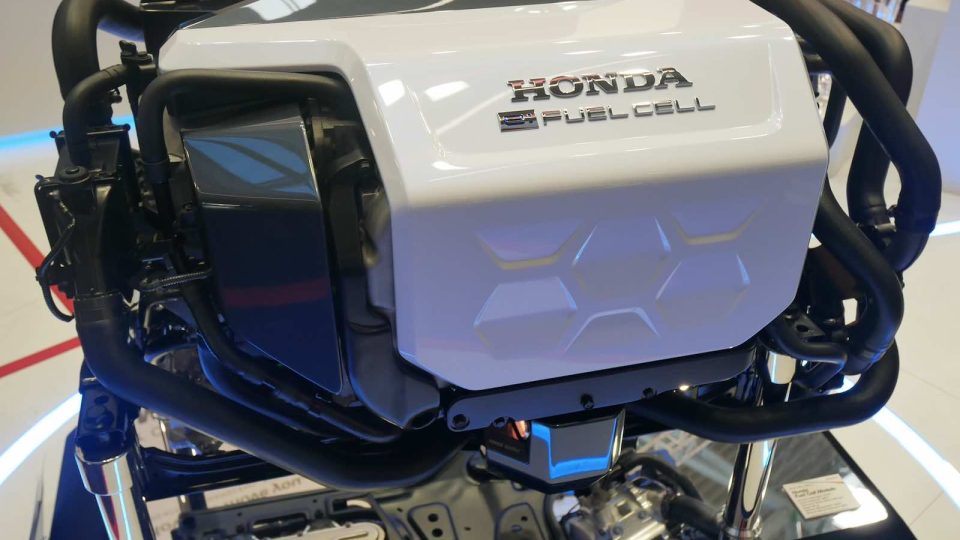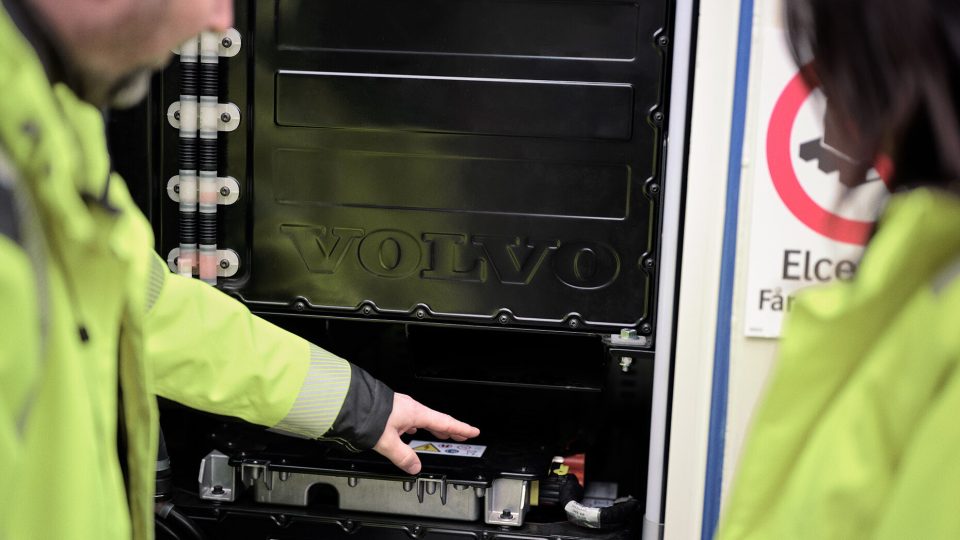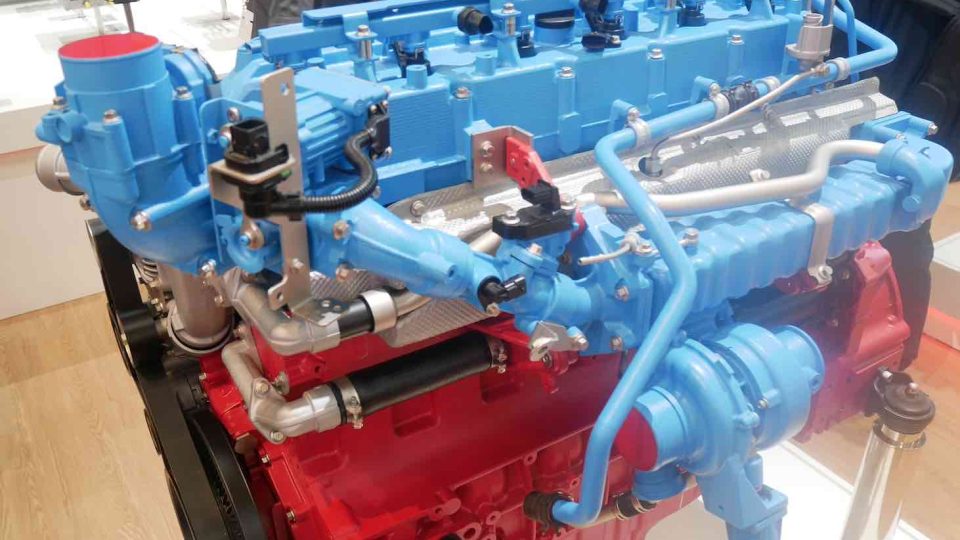Retrofit buses. 107 million for them in Germany
Retrofit buses. In Germany sustainability rhymes with diesel. 107 million euros from the European Commission for the retrofit of diesel buses. In Germany, the ecological transition of public transport follows the path of diesel. And of the vintage bus. According to the news coming from Brussels, up to 7,000 buses should be involved. So, it is understood […]
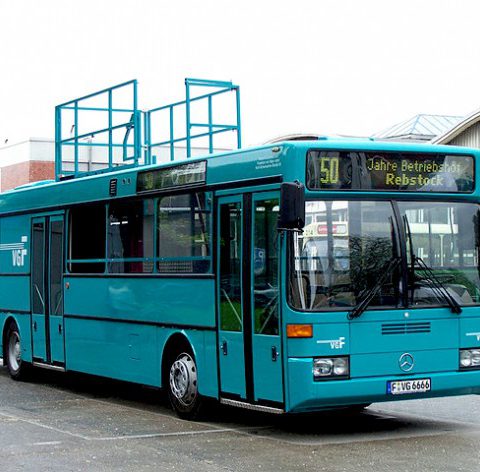
Retrofit buses. In Germany sustainability rhymes with diesel.
107 million euros from the European Commission for the retrofit of diesel buses.
In Germany, the ecological transition of public transport follows the path of diesel. And of the vintage bus. According to the news coming from Brussels, up to 7,000 buses should be involved.
So, it is understood that the cost of processing would amount to about 15 thousand euros per bus.
This decision should help reduce emissions of nitrogen oxides by more than 2,000 tons per year, according to the European Commission.
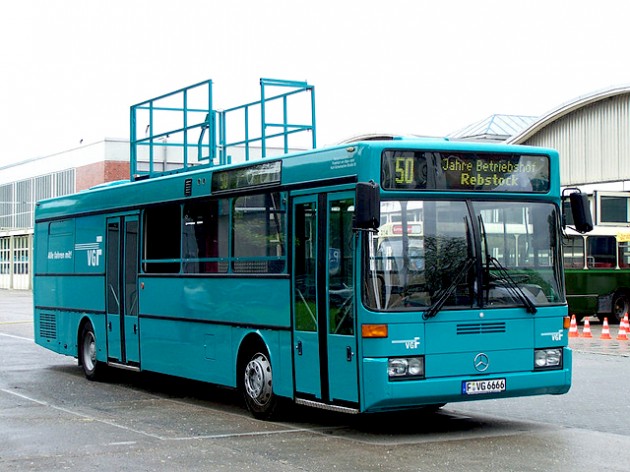
90 municipalities involved
So, the 107 million euros will support the adaptation of diesel buses used for public transport in about 90 municipalities where the emission limits of nitrogen oxides (NOx) were exceeded in 2016 or 2017.
The European Commission announced that the public subsidy will cover the costs of retrofit systems and their installation. It is all part of the “Immediate Clean Air Programme for 2017-2020” of the German federal government, which aims to reduce emissions of nitrogen oxides as quickly as possible.
GERMANY AND NATURAL GAS VEHICLES
The engine is new, the rest remains… vintage
The subsidy provided for the upgrading of up to 7,000 diesel buses should lead to a reduction of around 2,200 tonnes of nitrogen oxides per year.
The investment is clearly less expensive than the purchase of new generation buses, both diesel and, even more so, with an alternative traction.
However, vehicles already present for several years will remain on the road, “rejuvenated” in the engine but not in terms of safety, comfort and technology available on board.
Europe and clean air
Commissioner Margrethe Vestager, responsible for competition policy, said: «This is a good example of how to support our European goal of cleaner air for everyone.
This German policy offers public transport operators an incentive to invest in greener vehicles, thus improving air quality in German cities. Fully in line with EU environmental objectives».




